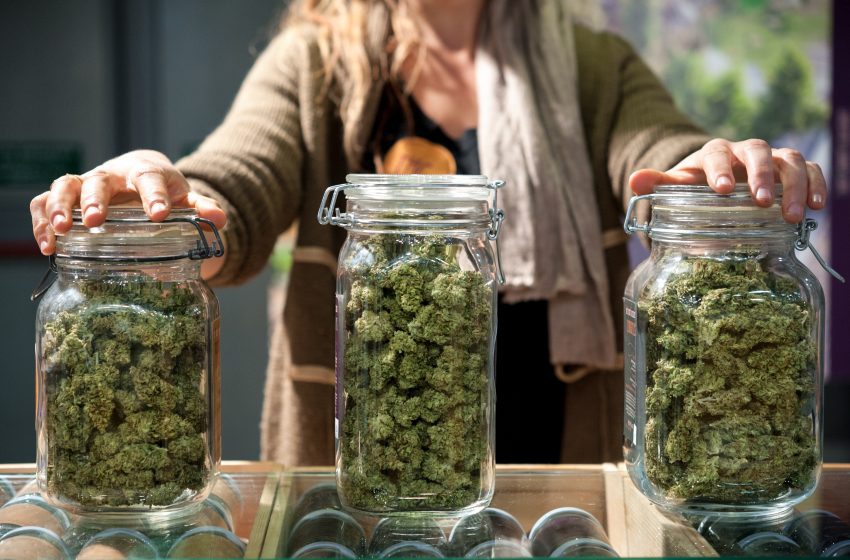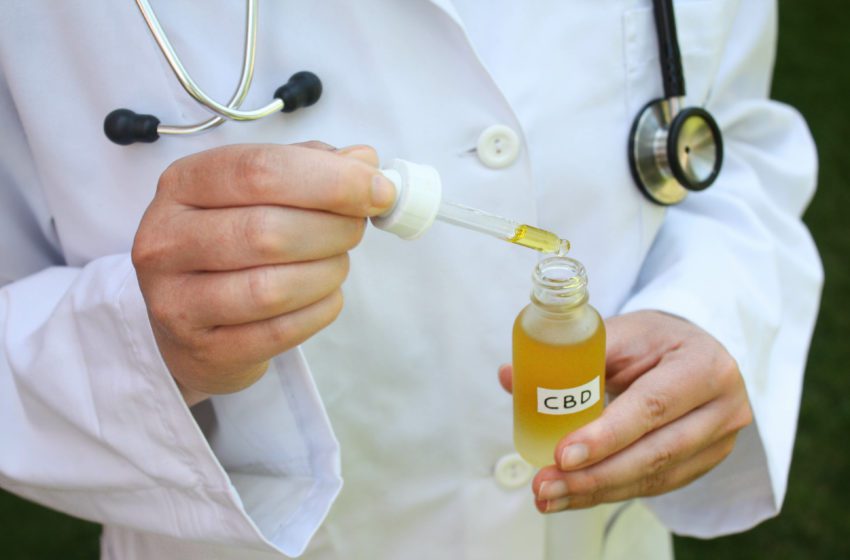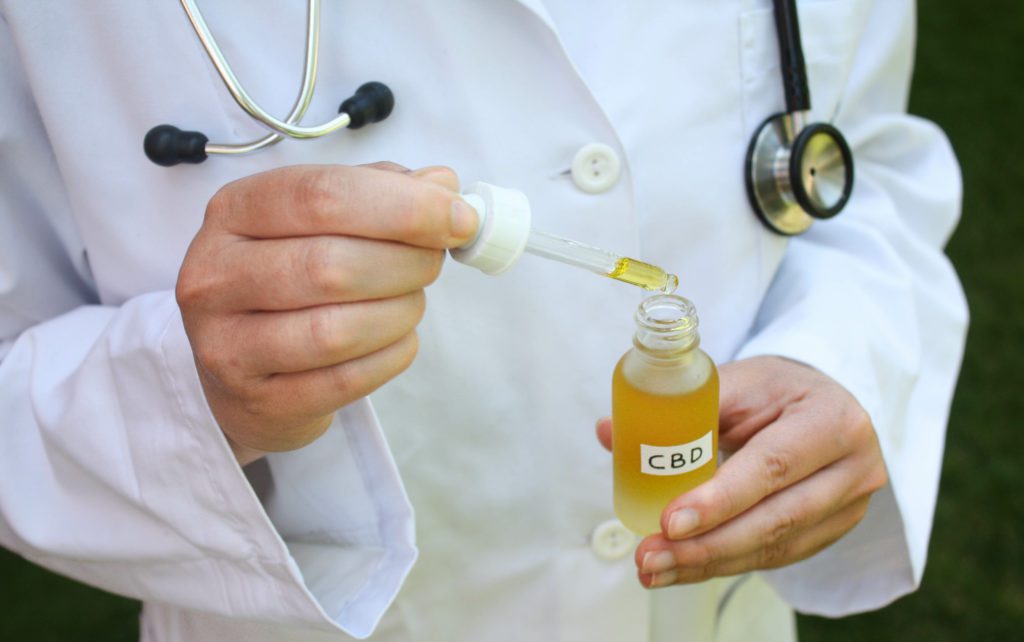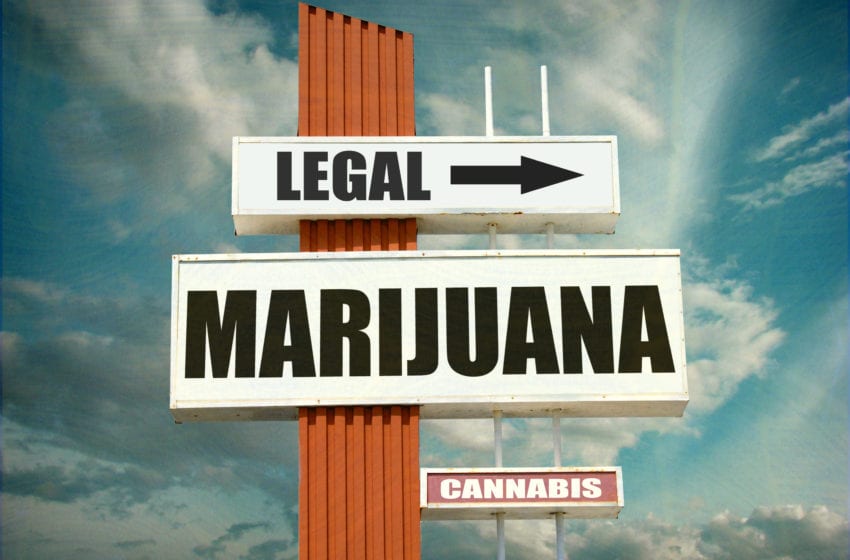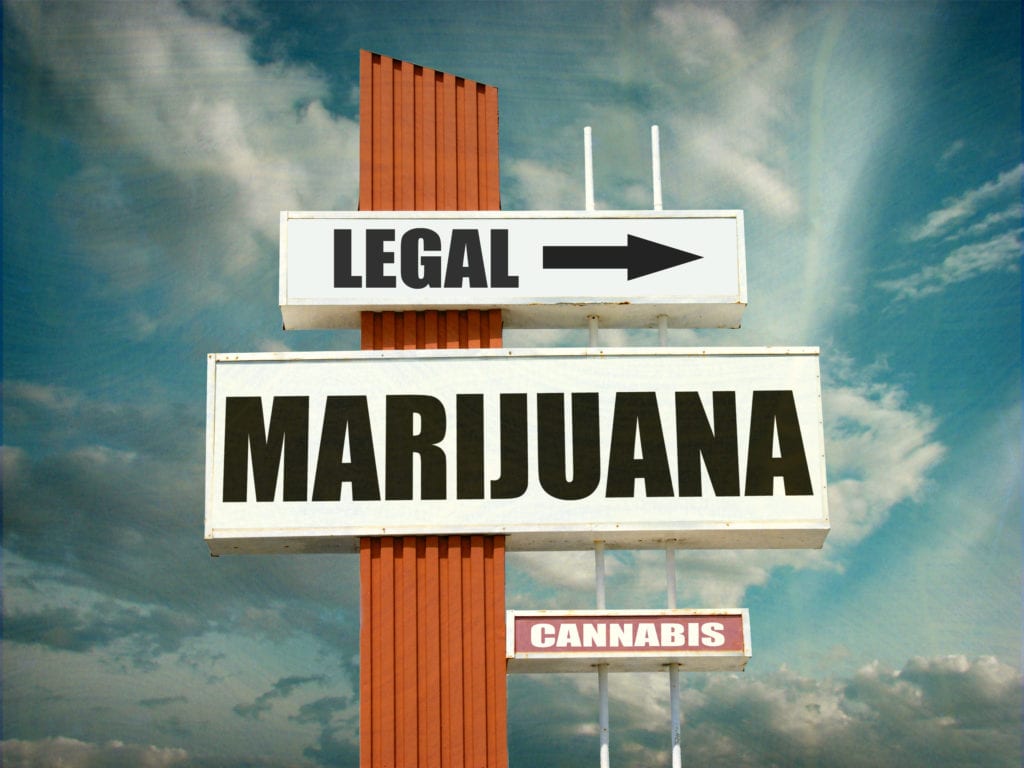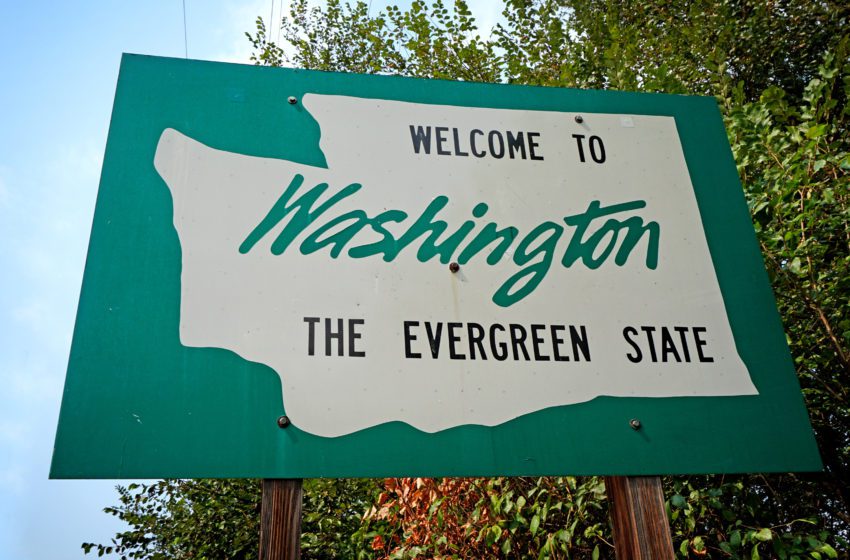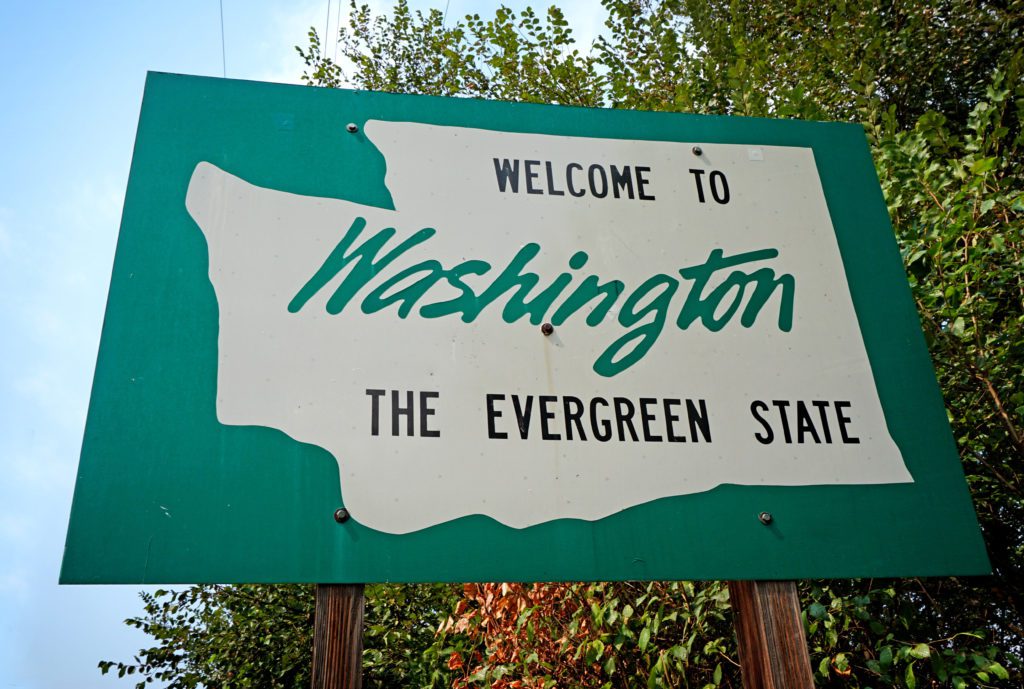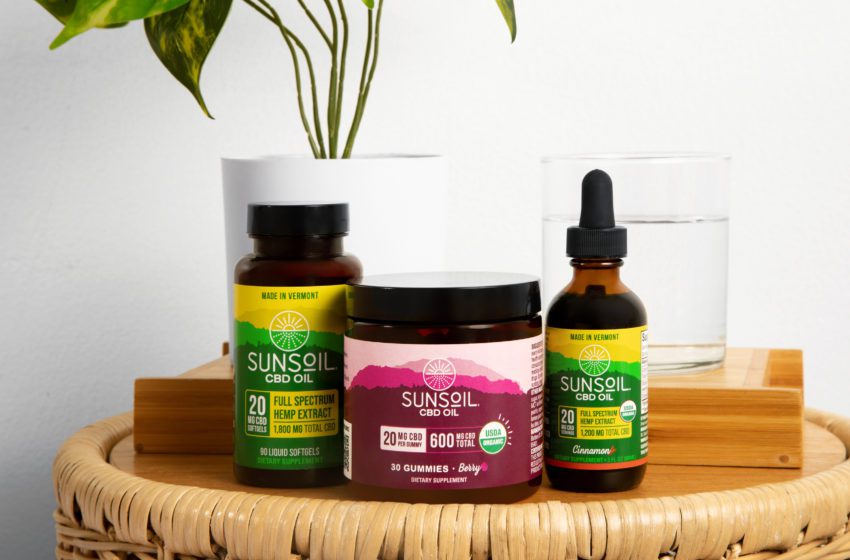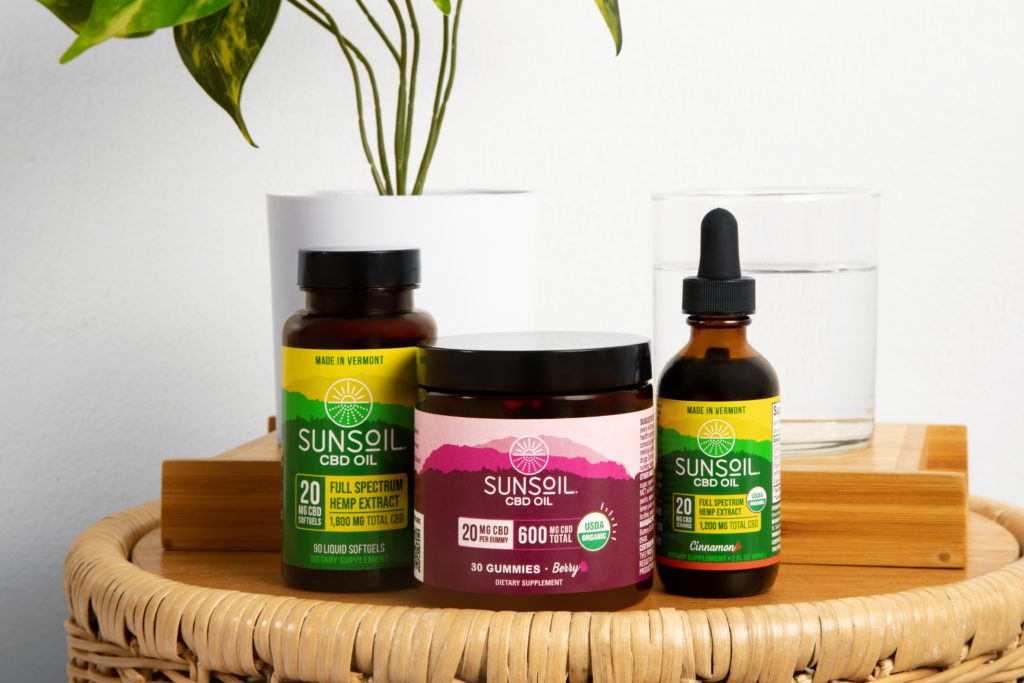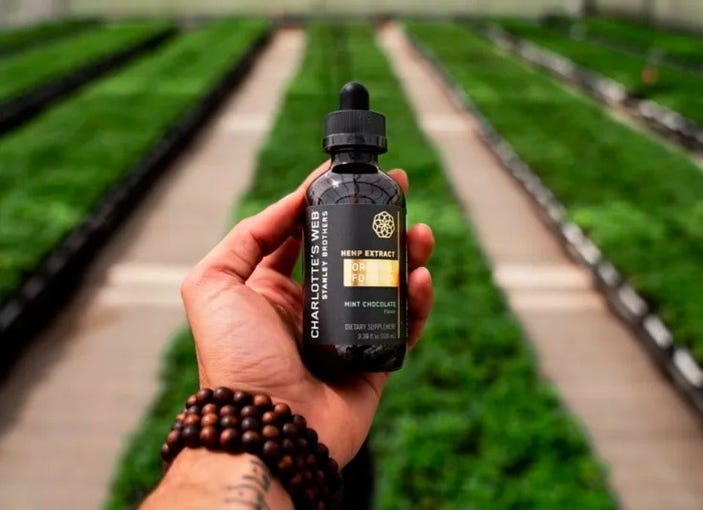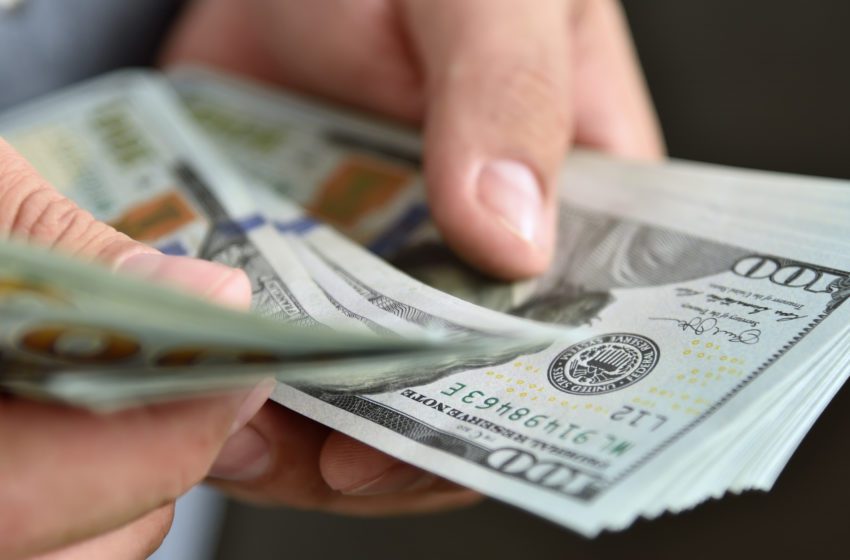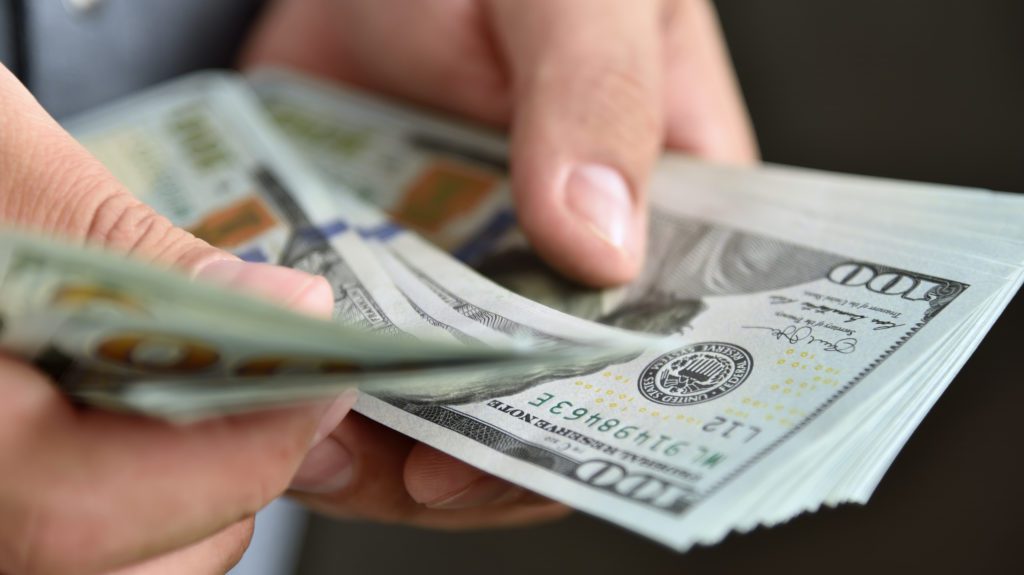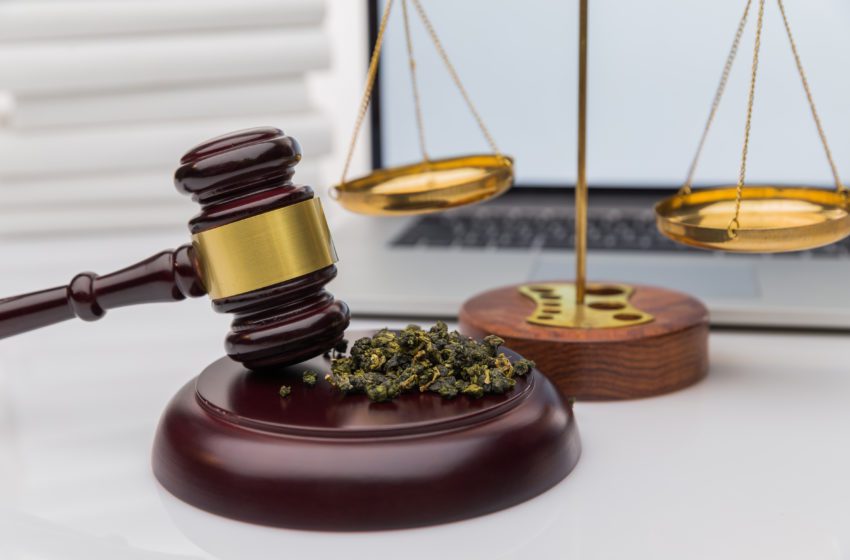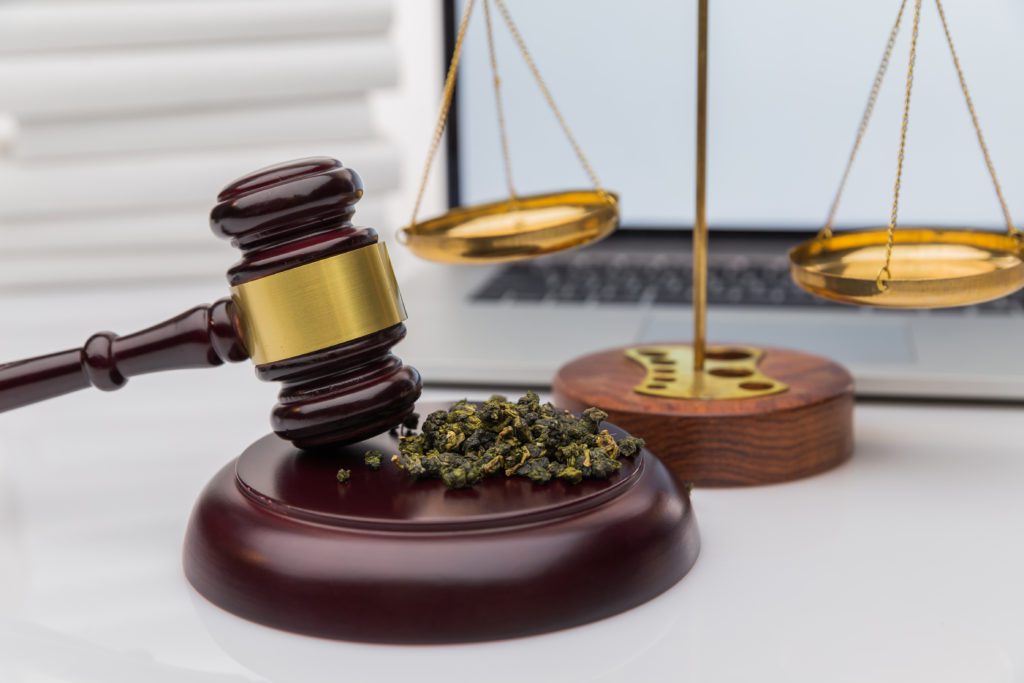Two branches of federal government have the power to change marijuana’s Schedule I status.
By Willie McKinney and Emily Burns
The primary obstacle for the U.S. cannabis industry is that possession and use is still illegal according to federal law. And there could be severe penalties if you’re convicted under those federal laws. This is because the removal of state criminal penalties (decriminalization) doesn’t “undo” or “negate” federal laws criminalizing such conduct, even though they both can coexist due to something called the anti-commandeering doctrine. In short, cannabis users in legalized states still face the reality that their conduct remains federally illegal and punishable by federal authorities under the federal Controlled Substances Act (CSA).
The current Schedule I status of marijuana means that it’s strictly prohibited for sale or use under federal authority. Yet, over the last several decades, most states and territories have deviated from across-the-board prohibition of cannabis and now have laws and policies allowing for some cultivation, distribution and possession of cannabis. It is difficult to predict when cannabis will be federally legal. It’s even harder to predict how cannabis will be regulated and the impact.
The CSA classifies drugs and their chemical analogs in five schedules—Schedules I–V:
- Schedule I means a drug has a high potential for abuse, with no currently accepted medical use in treatment in the United States, and there is a lack of accepted safety for use of the drug under medical supervision.
- Schedule II drugs have a high potential for abuse but have an accepted medical use, though abuse of the drug may lead to chemical or physical dependence.
- Schedule III drugs have a lower potential for abuse and are currently accepted for medical use in the United States, and abuse of the drug may lead to lower physical dependence but high psychological dependence.
- Schedule IV drugs have a low potential for abuse, a low risk of dependence compared to Schedule III and have a currently accepted medical use.
- Schedule V drugs have a low potential for abuse and a currently accepted medical use.
Who controls marijuana’s status?
The legislative and executive branches of the federal government have the ability to change marijuana’s Schedule I status. The executive branch can take action to change marijuana’s status; however, it is bound by the CSA to consider factors such as a substance’s risk of abuse and medical utility prior to altering its scheduling.
Under the CSA, the Drug Enforcement Administration (DEA), Department of Health and Human Services (HHS) and the U.S. Food and Drug Administration make a decision to reschedule or de-schedule a drug based on the relative abuse potential of the drug. The HHS’ recommendations are binding on the DEA as to scientific and medical matters. The HHS must consider the eight following factors in making its recommendation:
- the drug’s actual or relative potential for abuse;
- the drug’s scientific evidence of its pharmacologic effect, if known;
- the state of current scientific knowledge regarding the drug;
- the drug’s history and current pattern of abuse;
- the drug’s scope, duration and significance of abuse;
- the risk, if any, to public health; and
- the drug’s psychic or physiological dependence liability.
Is the drug is an immediate precursor of a controlled substance?
Over the years, several entities have submitted petitions to the DEA to reschedule marijuana. In August 2016, after a five-year evaluation process done in conjunction with the FDA, the DEA rejected two petitions—one submitted by two state governors and the other submitted by a New Mexico health provider—to move marijuana to a less restrictive schedule under the CSA.
Consistent with past practice, the rejections were based on a conclusion by both the FDA and the DEA that marijuana continues to meet the criteria for inclusion on Schedule I—namely, that it has a high potential for abuse, has no currently accepted medical use and lacks an acceptable level of safety for use under medical supervision. Some drugs, like Marinol and Epidiolex, are excluded from Schedule I because they have obtained FDA authorization via the drug approval process.
The federal government could choose to maintain the federal prohibition on marijuana. Given the current political environment, however, this scenario seems unlikely.
Reschedule, new schedule or de-schedule?
President Biden recently signed the “Medical Marijuana and Cannabidiol Research Expansion Act,”1 which will ease federal government research restrictions on marijuana and encourage research institutions to produce marijuana strains for research purposes. The bill also calls upon the attorney general to consider the issue of rescheduling (or de-scheduling) marijuana by engaging with officials from the Department of Health and Human Services, which houses the FDA. Once the attorney general finds sufficient evidence that a change in scheduling is warranted, he then initiates the first stages of a standard rulemaking process.
There are at least three obvious approaches that the federal government could take to address marijuana classification conflict: creating a new schedule, rescheduling under a less restrictive schedule or de-scheduling altogether.
Creating a new schedule, similar to the recent announcement made by the FDA addressing a new regulatory pathway for CBD outside of the traditional FDA pathways, could be a possibility; however, it is unlikely.
If marijuana remains a controlled substance under the CSA, under any schedule, it would still maintain the existing conflict between the federal government and states that have legalized recreational marijuana. However, moving marijuana to a less restrictive schedule could help mitigate conflicts between federal law and state medical marijuana laws. If Congress chooses to remove marijuana from the CSA entirely, it could seek to regulate and tax commercial marijuana activities.
De-scheduling cannabis appears to be the most effective option for the federal government to eliminate the existing conflict between federal and state law as it would allow cannabis to remain on the market as a medical and recreational product. Additionally, changing social attitudes toward marijuana will likely support de-scheduling.
Jennifer Guild, vice president of regulatory and quality at Abstrax Technologies, is hopeful that as states learn more from legalization programs across the country, they will “start to reward the responsible suppliers that are taking the initiative to self-regulate and develop their own toxicological programs to address the gap in knowledge that exists regarding the inhalation safety of various flavor ingredients.”
However, a move to de-schedule cannabis would create new controversies. As Guild points out, testing standards created for flavors and other chemicals may prove impractically stringent, depending on the state. “There are over 678 unique chemical contaminants regulated in cannabis products among 30 state regulations (not including outside of the USA) … and flavors are not typically derived from cannabis nor do they contain any cannabinoids or other cannabis-derived extracts. Therefore, it is not feasible or appropriate for non-cannabis-derived flavors to be routinely tested for these 678 potential contaminants.”
Regardless, Guild encourages manufacturers to “establish and implement a written quality plan to control potential safety risks [of] the products they manufacture. This risk assessment includes an evaluation of the potential chemical, biological and physical hazards that could be introduced to a party at each stage in the manufacturing operations.”
Legalized marijuana operates in uncharted territory. There is no track record on the impact of these new laws. While outcomes might be positive, there is simply not enough information available to confidently project national success. For this reason, the federal government should work with states to learn from best practices and then develop a comprehensive program to address marijuana classification.
Willie McKinney is CEO at McKinney Regulatory Scientific Advisors.
Emily Burns is senior regulatory strategy manager at McKinney Regulatory Scientific Advisors.
1 www.congress.gov/bill/117th-congress/house-bill/8454


